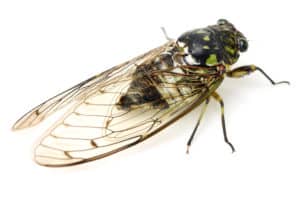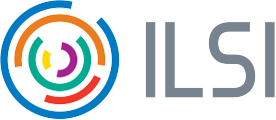Risk Science & Toxicology Snapshot
ILSI translates science into practical tools that help protect the health of the environment, ensure the safety of our food and water supplies, and demonstrate the safety and efficacy of drugs and consumer products.
Alternatives to Animal Testing
Animal testing is widely used as an approach to investigate the safety of food ingredients, novel foods, cosmetic ingredients, and pharmaceuticals for human use. There has been a shift in the mind-set of experts in toxicology and related sciences, during the last decade, towards a science which is no longer based solely on deterministic whole-animal approaches. Research and development activities are underway to identify alternate strategies that do not involve animal testing. ILSI entities have conducted many initiatives this year to identify alternatives to animal testing.

Workshop on Alternatives to Animal Testing with Special Reference to Food Safety
The ILSI Europe Alternatives to Animal Testing Task Force organized a workshop in September aiming to identify, through a holistic approach, existing approaches that can be applied to the current regulatory frameworks in nutrition and food safety, that continue to address the scientific question at hand, whilst avoiding the use of animals. Fifty stakeholders from academia, industry, and government convened to discuss and debate the findings and recommendations made by the expert group. They concluded there is a need to strictly define which alternatives should be considered and suggest new approaches. European Union (EU) food legislation and corresponding guidance has evolved over time to gradually allow alternative approaches not requiring the use of animals to substantiate food safety or claims. However, as in other regulatory areas (chemicals, biocides, pesticides), alternatives are still difficult to establish for some toxicological endpoints.
The ILSI Japan Alternatives to Animal Testing project (ILSI Japan AAT project) was established this year to accelerate activities related to identifying alternatives to animal testing.
ILSI India organized a workshop titled “Alternatives to Animal Testing with Special Reference to Food Safety” to review the progress of work relating to the adoption of alternatives to animal testing globally and in India. Experts attended from leading research and development institutions, government, industry, and academia.

First OECD Insect Biology Document
The Organization for Economic Co-operation and Development (OECD) Working Group on Harmonization of Regulatory Oversight in Biotechnology (WGHROB) develops and publishes consensus documents that provide an internationally agreed upon baseline for understanding key aspects about the biology of specific organisms.
Several years ago, the ILSI Research Foundation approached the OECD Environment Secretariat about developing a biology document for Aedes aegypti, the first insect species and only the second animal species to be the subject of an OECD biology document. This was considered important as genetically engineered Ae. aegyptii were being developed to control populations of this mosquito, which is the main vector of yellow fever, dengue fever, Zika, and chikungunya, and their potential release would require a risk assessment. The idea was put to the WGHROB and agreed, with the Governments of Brazil and Mexico as convening leads together with the ILSI Research Foundation. The OECD Consensus Document on the Biology of Mosquito Aedes aegypti was declassified in July 2018 and is now available on the OECD website.
Risk Assessment of Transgenic Crops in the Americas
ILSI Argentina and ILSI Brazil organized a workshop titled, “Familiarity in the Context of Risk Assessment of Transgenic Crops in the Americas” to discuss how these concepts are being applied in the Americas and the harmonization of terms and applicability criteria.


